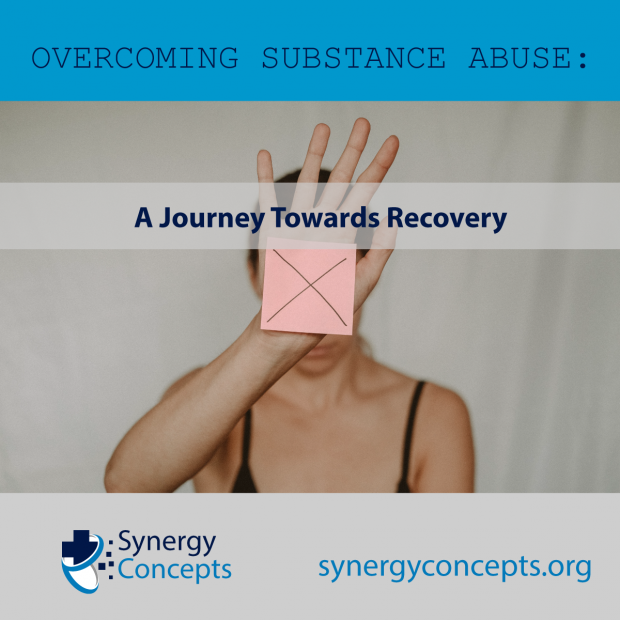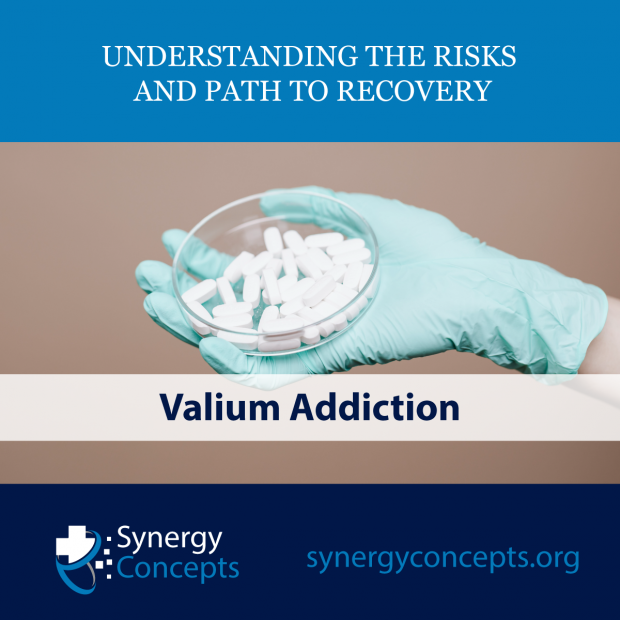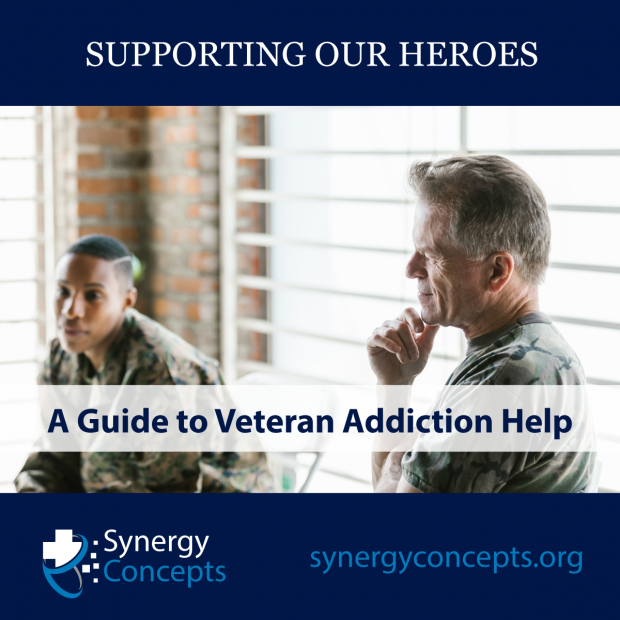Substance abuse, whether it be alcohol, drugs, or prescription medications, can lead to severe physical, mental, and social repercussions. However, seeking treatment for substance abuse is the first step towards reclaiming a healthy and fulfilling life. In this blog post, we will explore various aspects of substance abuse treatment, including the importance of seeking help, available treatment options, and the path to long-term recovery.
Recognizing the Need for Help:
It takes courage and self-awareness to acknowledge that one’s substance abuse has spiraled out of control. Understanding the signs of addiction, such as increased tolerance, consistent cravings, and neglecting personal responsibilities, can provide motivation to seek help. Encouraging loved ones to support and provide a safe space can also facilitate the decision to enter treatment.
Treatment Options:
a. Inpatient Rehabilitation:
Inpatient rehabilitation programs provide care within a residential facility, offering round-the-clock supervision, counseling, and support. This structured environment encourages detoxification, therapy, and personal growth. This option is typically recommended for individuals with severe addiction or co-occurring disorders.
b. Outpatient Rehabilitation:
Outpatient programs allow individuals to receive treatment while maintaining their daily routine. This flexibility allows for continued work or academic commitments. Outpatient treatment typically includes individual and group therapy, drug education, and access to support networks.
c. Medication-Assisted Treatment (MAT):
MAT combines medication (e.g., methadone, buprenorphine, naltrexone) with counseling and psychotherapy. This approach is particularly effective for opioid addiction as it reduces cravings and withdrawal symptoms, facilitating long-term recovery.
d. Therapy and Counseling:
Behavioral therapies like Cognitive-Behavioral Therapy (CBT) and Motivational Interviewing (MI) play vital roles in substance abuse treatment. These approaches help individuals identify triggers, develop coping strategies, and adopt healthier behaviors. Family therapy can also aid in resolving relational issues caused by substance abuse.
Aftercare and Relapse Prevention:
Recovery from substance abuse is an ongoing process, and aftercare plays a crucial role in maintaining sobriety. Continuing therapy, support groups (e.g., Alcoholics Anonymous and Narcotics Anonymous), and sober living arrangements can provide a strong support system. Developing healthy coping mechanisms and avoiding triggers are also essential for relapse prevention.
Substance abuse treatment offers hope and a chance for individuals to regain control of their lives. It is important to remember that recovery is a journey, and seeking help is a sign of strength. By recognizing the need for assistance, exploring different treatment options, and committing to aftercare, individuals can overcome addiction and embrace a healthier, more fulfilling future. Remember, help is available, and no one has to face the battle against substance abuse alone.
Check out our substance abuse treatment center partners in your area!













Leave a Reply